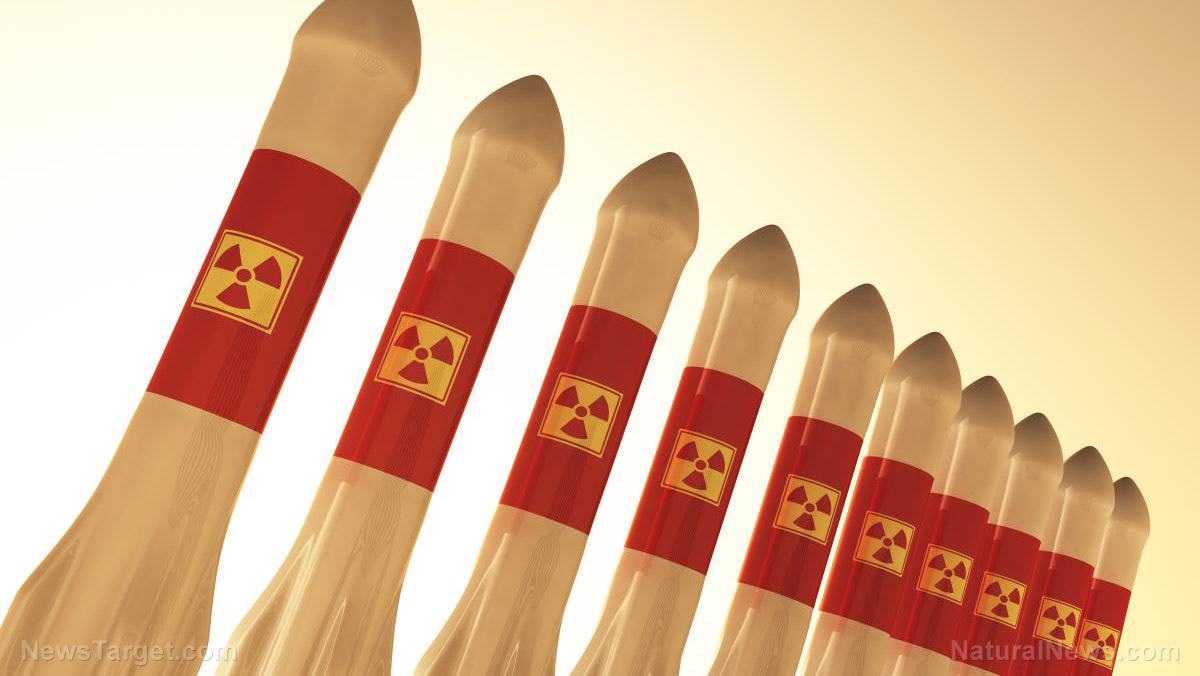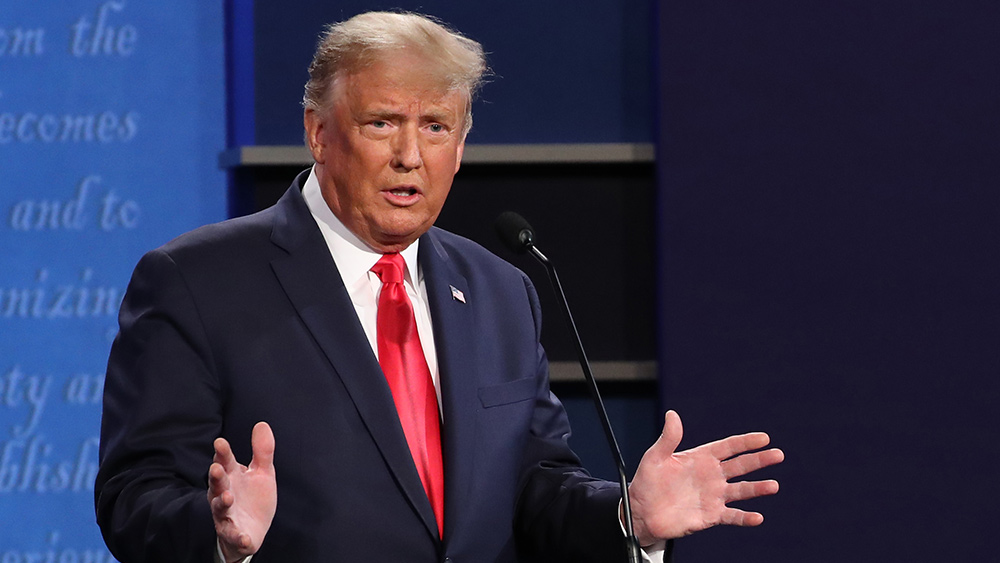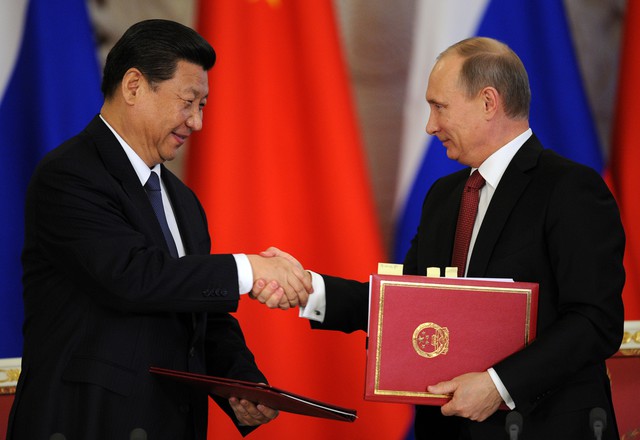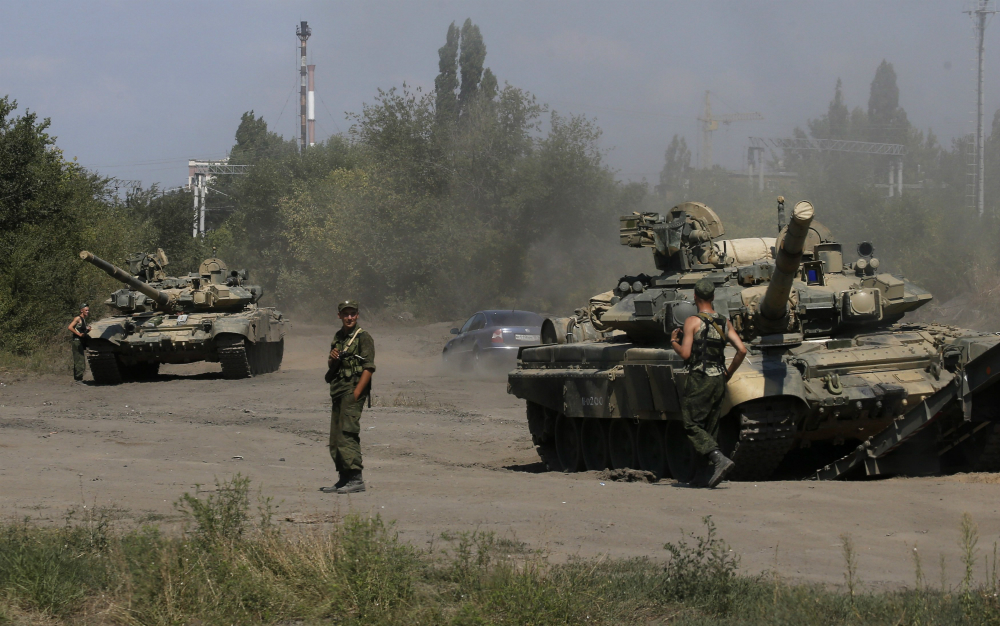CHIPS WAR: U.S. moves to disrupt China’s chip industry – but its effects could be felt worldwide
09/20/2023 / By Richard Brown
China has been subjected to a barrage of threats and sanctions since the Biden administration assumed power in Washington.
One of the primary targets has been China’s chip industry, with efforts to disrupt chip production and create supply chain disruptions in electronics, particularly semiconductors. This has the potential to paralyze not only the entire automobile industry in the communist nation, but also its military industrial complex that relies heavily on fast-evolving chips.
But one downside of interrupting production and supply is the potential for a slowdown in the development of new chip technology, which requires continuous scientific research and experimentation. This situation can be described as the Chips War, pitting the West against China.
Washington is wary that China’s People’s Liberation Army (PLA) could surpass the U.S. military in terms of overall power. Worse, it could use U.S. technology to do so.
Chinese President Xi Jinping envisions a world-class military by 2049, the centenary of the Chinese Community Party (CCP) rule. This involves developing autonomous weaponry, including hypersonic missiles, and using artificial intelligence (AI) for a range of applications, including electronic warfare. (Related: China to have roughly 1,500 nuclear warheads by 2035.)
But while China is ahead in certain AI applications, such as facial recognition, it is not yet able to produce the most advanced semiconductors that power these technologies. Chinese firms and the PLA rely on imports to acquire advanced chips.
The U.S. wants to turn off the faucet.
In 2022, rumors circulated that President Joe Biden was considering revoking the U.S. citizenship of Americans working in the Chinese chip industry if they didn’t immediately quit their jobs. However, this is a baseless claim and would likely be unconstitutional.
U.S. prohibits Taiwan from supplying chips to China
So far, actions taken by the U.S. include prohibiting Taiwan, a major chip producer, from supplying chips to mainland China.
Additionally, the U.S. has urged Taiwan Semiconductor Manufacturing Co. (TSMC) to establish a chip manufacturing facility in Arizona, originally planned for 2024. However, due to a shortage of specialized workers for equipment installation, the plant’s production is postponed to 2025.
The semiconductor industry is crucial as it designs and manufactures semiconductors, which are fundamental components of modern electronics, from cell phones to computers. As the world becomes more digitized, it increasingly depends on electronics, including the military industrial complex.
Taiwan plays a significant role in this industry, with TSMC alone producing around 50 percent of the world’s semiconductors.
South Korea, Japan, the U.S., and China are also major players. These countries either produce semiconductors for their own use or operate foundries that supply chips to other companies.
The Wuhan coronavirus (COVID-19) pandemic disrupted semiconductor production and supply chains, leading to a global shortage. To address this, the U.S. is actively working to expand its domestic semiconductor manufacturing capabilities.
While the U.S. aims to limit China’s access to semiconductor technology, the interconnected nature of the semiconductor industry, especially between China and Taiwan, makes this strategy challenging.
Ultimately, the Chinese said they are well-prepared for these challenges and can redirect their products to the rapidly growing Asian market
In this complex landscape, it remains to be seen who will come out as winner in the “Chips War.”
Head over to CommunistChina.news for more stories like this.
Watch this video about China’s secret chip network.
This video is from the Pool Pharmacy channel on Brighteon.com.
More related stories:
Experts: Semiconductor ban accelerates severing of US-China ties.
Taipei to comply with US chip export rules directed at Beijing.
Taiwan chip giant warns against global supply devastation if China attacks.
Billionaire warns that the U.S. & China are “on the brink of war.”
Sources include:
Submit a correction >>
Tagged Under:
big government, China, chip industry, chips, Chips War, computing, economic riot, exports, foreign trade, future tech, invasion, military-industrial complex, products, rationing, scarcity, semiconductor, supply chain, suppressed, Taiwan, WWIII
This article may contain statements that reflect the opinion of the author
RECENT NEWS & ARTICLES
COPYRIGHT © 2017 WHITE HOUSE NEWS


















